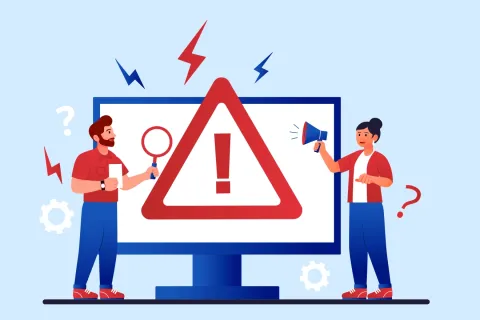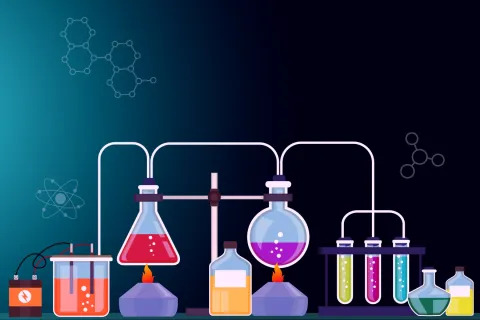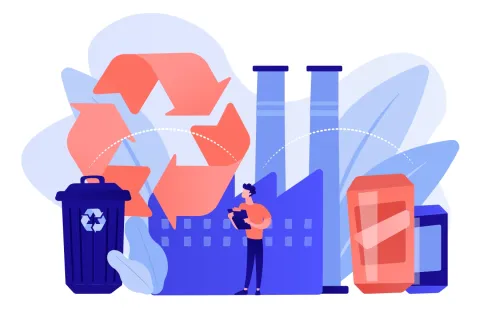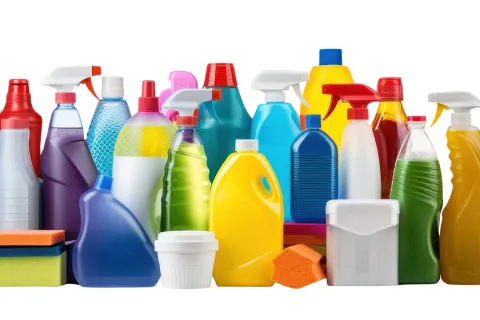
In recent years, consumer preferences have shifted towards eco-friendly products, impacting chemical product registration and compliance. Sustainable packaging is now a crucial focus for manufacturers and regulators, influencing the entire supply chain. This blog delves into the rise of sustainable packaging, its benefits, challenges, and strategies for implementation.
The Challenge: Balancing Sustainability and Compliance
While transitioning to sustainable packaging options like recycled paper or bioplastics is commendable, it is not always as straightforward as swapping materials. Several factors need consideration:
- Chemical Composition: Adopting new materials often involves the use of different chemicals, necessitating registration and compliance with complex regulations like REACH in the EU and K-REACH in South Korea. Understanding the chemical composition of packaging and its potential impact on human health and the environment is crucial.
- Barrier Performance: Sustainable options may not always provide the same level of protection as traditional plastics, particularly for sensitive consumer products. Ensuring packaging maintains product integrity and prevents leaks or contamination is paramount.
- Lifecycle Analysis: True sustainability extends beyond the material. It involves considering the entire lifecycle of the packaging, including its source, production process, and end-of-life options like composting or recycling.
- Greenwashing Regulations: Companies face challenges with greenwashing regulation, making misleading environmental claims. Compliance with greenwashing regulations is crucial, necessitating the maintenance of substantiation documents for environmental claims to ensure accuracy and transparency.
The Importance of Sustainable Packaging
Sustainable packaging refers to materials and practices that minimize environmental impact throughout their lifecycle, from production and distribution to disposal or recycling. In the context of consumer products, sustainable packaging plays a vital role in reducing carbon emissions, minimizing waste, and conserving natural resources.
Benefits for Manufacturers
Embracing sustainable packaging offers numerous benefits beyond environmental stewardship for manufacturers of consumer products:
- Enhanced Brand Reputation: Sustainable packaging can boost brand reputation and attract environmentally conscious consumers, setting products apart in a competitive marketplace.
- Cost Savings: Adopting sustainable packaging practices can lead to cost savings through reduced material usage and transportation expenses.
Strategies for Successful Implementation
To successfully implement sustainable packaging, manufacturers of consumer products should consider the following strategies:
- Conduct a Life Cycle Assessment (LCA): An LCA helps identify the environmental impacts of products and packaging throughout their lifecycle, guiding decision-making.
- Collaborate with Suppliers: Partnering with suppliers to identify sustainable packaging materials and production methods ensures alignment with Regulatory requirements and specific product needs.
- Invest in Research and Development (R&D): Investing in R&D facilitates the discovery of new sustainable packaging materials and methods tailored to Regulatory requirements and product specifications.
- Educate Consumers: Educating consumers about the benefits of sustainable packaging and the company's efforts to reduce environmental impact fosters goodwill and loyalty.
Conclusion
The rise of sustainable packaging presents both opportunities and challenges for consumer product registration and compliance. By adopting sustainable packaging materials and methods, manufacturers can reduce environmental impact, enhance brand image, and meet Regulatory requirements. However, challenges such as cost and compatibility issues must be addressed through collaboration, innovation, and strategic implementation. By doing so, consumer product manufacturers can navigate the rise of sustainable packaging and contribute to a more environmentally conscious future.
Freyr's team provides extensive Regulatory support for sustainable packaging and ecolabeling, encompassing compliance assessments, gap analysis, testing, and guidance on ecolabel schemes and claims. Additionally, we offer expertise in recycling logo compliance, Post-Consumer Recycled material (PCR), flushability requirements for personal hygiene products, understanding of Extended Producer Responsibility (EPR), Producer Responsibility Organization (PRO), and assistance in complying with greenwashing regulations and understanding waste handling requirements.









